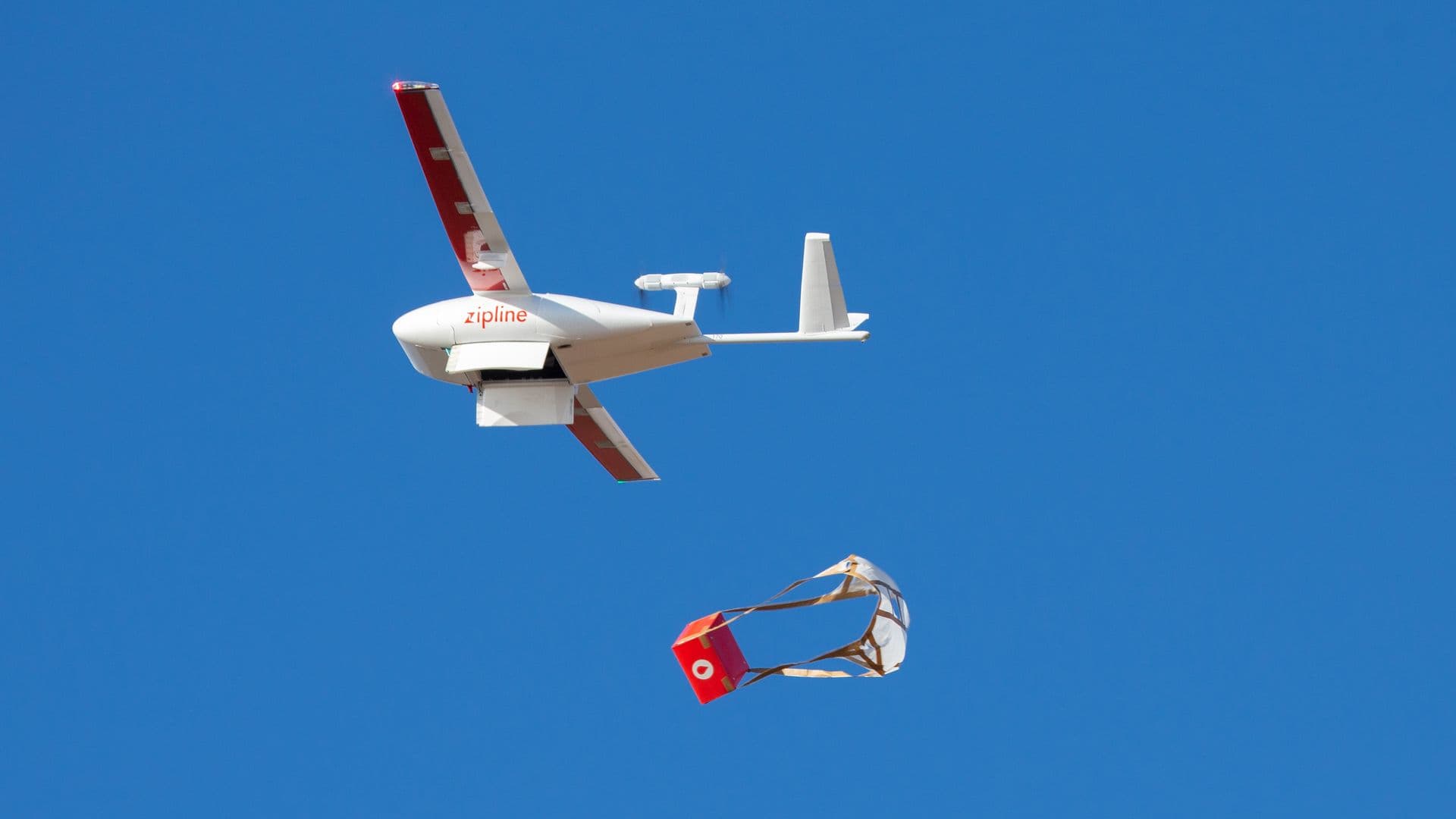Zipline Secures $150 Million U.S. State Department Deal to Triple African Drone Delivery Network

Zipline, the American robotics company specializing in autonomous delivery, announced a landmark agreement with the U.S. Department of State for up to $150 million. This funding aims to significantly expand Zipline's life-saving drone delivery services across Africa, with the potential to triple its network and reach up to 130 million people. Keller Rinaudo Cliffton, CEO and Co-Founder of Zipline, shared insights into this development, stating, "Spoke about our announcement today with @collision while I was on Cheeky Pint a few weeks ago."
The agreement, unveiled on November 25, 2025, is structured as a first-of-its-kind pay-for-performance model from the State Department. Under this innovative framework, Zipline will receive funds to scale its AI and robotics infrastructure, enabling African governments to provide 24/7 delivery of essential medical supplies. African countries are expected to commit up to $400 million in utilization fees, ensuring long-term sustainability.
This initiative is poised to expand Zipline's reach from 5,000 to 15,000 health facilities. The expansion focuses on improving health outcomes by providing instant access to blood and medications in regions where traditional logistics are often slow and unreliable. Rwanda is anticipated to be the first country to sign an agreement under this new model, with other nations like Nigeria and Côte d’Ivoire also in discussions.
Keller Rinaudo Cliffton highlighted the strategic importance of the partnership, noting that it reflects a new era of commercial diplomacy. "Today the U.S. government is doubling down on our work, and using our AI, robotics and autonomous logistics system to improve health outcomes," he said. The deal aligns with the "America First" foreign assistance agenda, leveraging U.S. innovation for global development and supporting domestic manufacturing jobs.
The announcement follows a discussion Rinaudo Cliffton had on "Cheeky Pint," a segment of the Collision conference, a prominent technology event. This pre-announcement conversation provided a platform to foreshadow the significant expansion plans. Zipline's proven impact includes reducing maternal deaths by up to 56% and cutting medicine stockouts by 60% in areas it serves, demonstrating the efficacy of its autonomous logistics system.